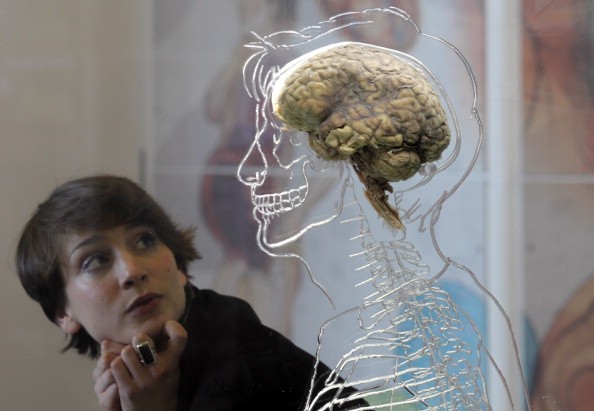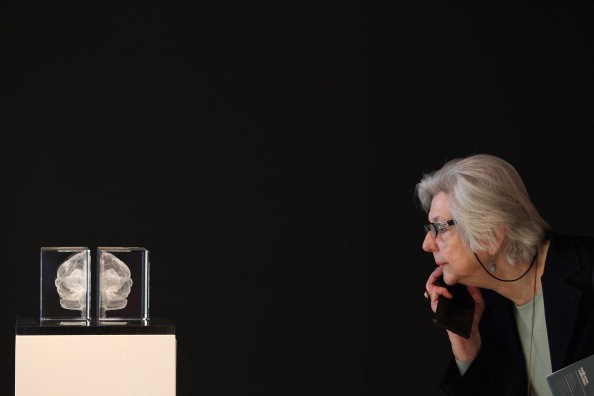Harvard University and Google were able to create the most detailed and comprehensive 3D map of the brain.
The new study titled "A connectomic study of a petascale fragment of human cerebral cortex" revealed that the involved researchers from the search engine giant and the popular school used more than 225 million images to make this amazing innovation.

"We acquired a rapidly preserved human surgical sample from the temporal lobe of the cerebral cortex," said the scientists.
"We used computational methods to render the three-dimensional structure of 50,000 cells, hundreds of millions of neurites, and 130 million synaptic connections," they added.
To give you more idea, here are major details of Google's so-called H01 dataset.
Harvard Helps Google Make H01 Dataset
According to The Syfy Wire's latest report, the Harvard University, together with Google, claimed that they were able to make a color-coded map of around 4,000 incoming axons to a single neuron.

Also Read: Harvard Scientists Say Mysterious Cigar-Shaped Object 'Oumuamua May Have Been Alien Spacecraft
Their innovation could help various medical experts and other scientists to understand more about how the human brain works. On the other hand, Google said that the so-called H01 Dataset is so detailed that they need to use a supercomputer with around 1.4 petabytes of data.
What makes this new advanced brain map amazing is that it contains millions of brain elements even though it is just one-millionth of the volume of the whole human brain.
As of the moment, Harvard University and Google haven't confirmed if it will also create a complete 3D brain of the map comparable to the new H01 Dataset. If the involved researchers decided to work on it, Google and Harvard will take a long time to complete mapping the entire human brain.
Google Also Wants To Build Its Own Supercomputer
Since Google seems to work on various technologies, the search engine giant also claimed that it will make its own supercomputer useful for quantum computing.
The search engine giant claimed that this new technology could arrive this coming 2029, as reported by The Verge. This just shows that Google is not only about apps, gadgets, and browsers. The giant tech firm is also capable of exploring other sections of the tech world.
For more news updates about Google and Harvard's upcoming collaboration works, always keep your tabs open here at TechTimes.
This article is owned by TechTimes
Written by: Griffin Davis
ⓒ 2026 TECHTIMES.com All rights reserved. Do not reproduce without permission.




